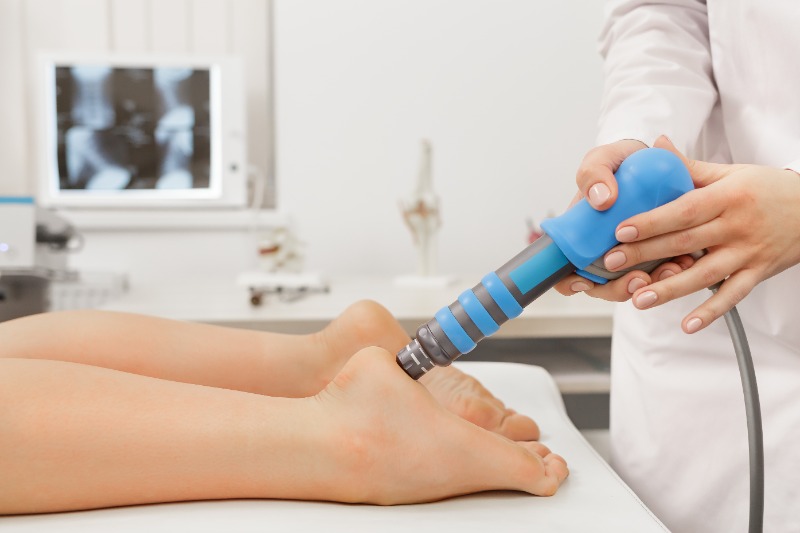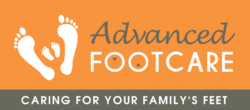Extracorporeal Pulse Activation Treatment
Extracorporeal Pulse Activation Treatment -EPAT
What is EPAT?
Extracorporeal Pulse Activation Treatment (EPAT®) is the most advanced and highly effective non-invasive medical treatment method. Approved by the FDA, Extracorporeal Pulse Activation Treatment treats acute or chronic muscle and tendon pain by stimulating blood circulation and accelerating the healing process.
As a result, damaged tissue gradually regenerates and eventually heals. Patients with heel pain (plantar fasciitis) or other tendon pain, like the Achilles tendon, can benefit from this treatment.
How is EPAT performed?
During the EPAT procedure, the podiatrist will apply gel to the targeted area and then move the device applicator in circular motions. The applicator delivers pressure waves into the painful area, gradually regenerating the damaged tissue.
How long does this treatment take?
EPAT treatment sessions last about 15 minutes. Most patients require three sessions performed at weekly intervals.
What are the results of this EPAT?
After EPAT, some patients may experience immediate pain relief, while for others, it may take up to four weeks before significant relief is achieved. However, over 80 percent of patients treated report pain-free and significant pain reduction.
Is it safe?
Yes. This FDA-approved technology was developed in Europe and used worldwide. A wealth of medical experience, state-of-the-art engineering, and optimal quality is built into each EPAT device. In addition, extensive studies and tests have confirmed its safety and efficacy.
Does insurance cover EPAT?
In most cases, EPAT is not covered by insurance, although some patients may be able to use their employer’s Flexible Payment Medical Savings Account to cover this treatment. Patients can also take advantage of our Elective Payment plan to make the EPAT more affordable.
Advanced Foot Care Can Help!
For more information on Extracorporeal Pulse Activation Treatment (EPAT®), please get in touch with Advanced Foot Care.

Contact Us
*Please do not submit any Protected Health Information (PHI).
